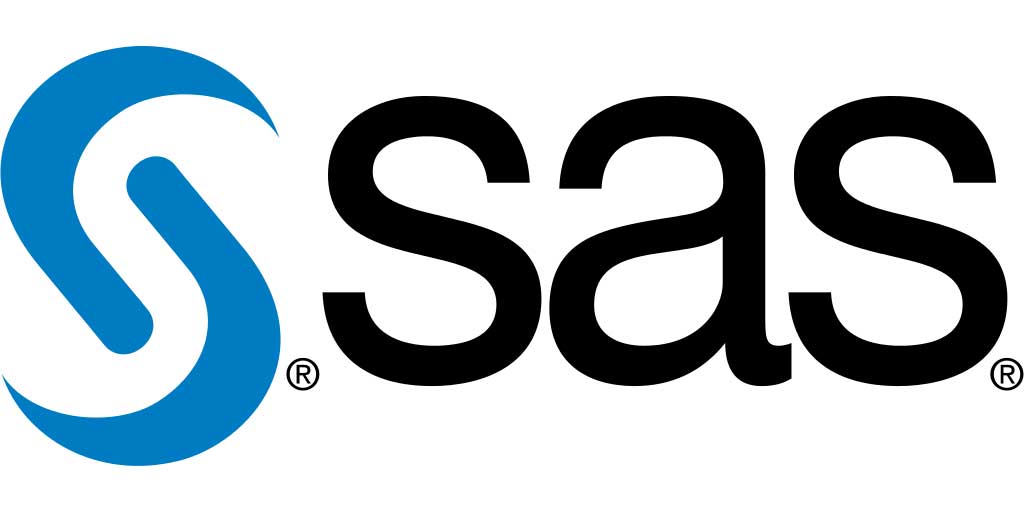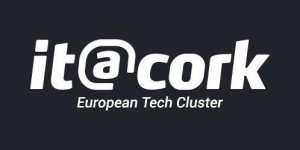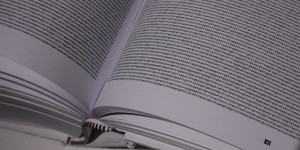
Software and Copyright – SAS Institute – Court of Appeal Decision
In SAS Institute Inc. v World Programming Limited [2013] EWCA the Court of Appeal decided the status of copyright in computer functionality.
SAS is the developer and owner of software programs (“SAS Software”) and it sold software to WPL which then developed a competing system by studying the SAS Software and by reviewing an SAS user manual (“WPL Software”).
SAS were less than pleased with the competing WPL Software because its own clients could use the less expensive WPL Software on their existing systems and without having to purchase a license from SAS to do so.
Accordingly, SAS brought WPL to Court claiming that WPL:
- infringed copyright in the SAS Software;
- used the manual for the SAS Software;
- used the SAS Software outside the licence granted to it.
In the first instance the case went largely against SAS – please see link below for the full ruling – it is a complex case and would take far too long to explain in this short article – for those interested in copyright protection on software and copyright generally it does however make for good reading:
http://www.bailii.org/ew/cases/EWHC/Ch/2010/1829.html
Court of Appeal Decision
The Court recognised that copyright law protects the expression of ideas and not the idea itself and but then pointed out that in his view, if that expression of the idea of is led by technical function then the test of originality is not satisfied and the product is not then an intellectual creation of the author at all.
The Court concluded that the database of keywords etc contained within the SAS manual describing the functionality of the SAS Software was not in fact an “expression” of an idea but was in fact the idea itself and that copyright would not protect software functionality.
Personally I struggle to agree with him on this point as the Court takes the view that it is not the functionality of the software that was protected but rather the source code behind it which means that anyone can copy the way a third party’s software looks and works as long as they do not copy the source code itself – how can that be just?
However, “just” or not, that is the law and therefore those in the business of developing software must look to other ways to protect themselves such as making sure that they:
- hide as much as possible the functionality of their software
- keep confidential information confidential
- trademark their name(s)
- watch out for literal (or a substantial part) copying of their manuals or other text (such as their website, etc)
- provide a great service and keep their charges competitive in order to ensure loyalty from their customers
We specialise within the area of Commercial and Technology Law and if you wish to discuss any of the above please call us for a no obligation chat on 023 99 21919 or on 086 252 9483 or email us on info@dreilly.ie – we regularly advise on software and all types of commercial and IT contracts.



